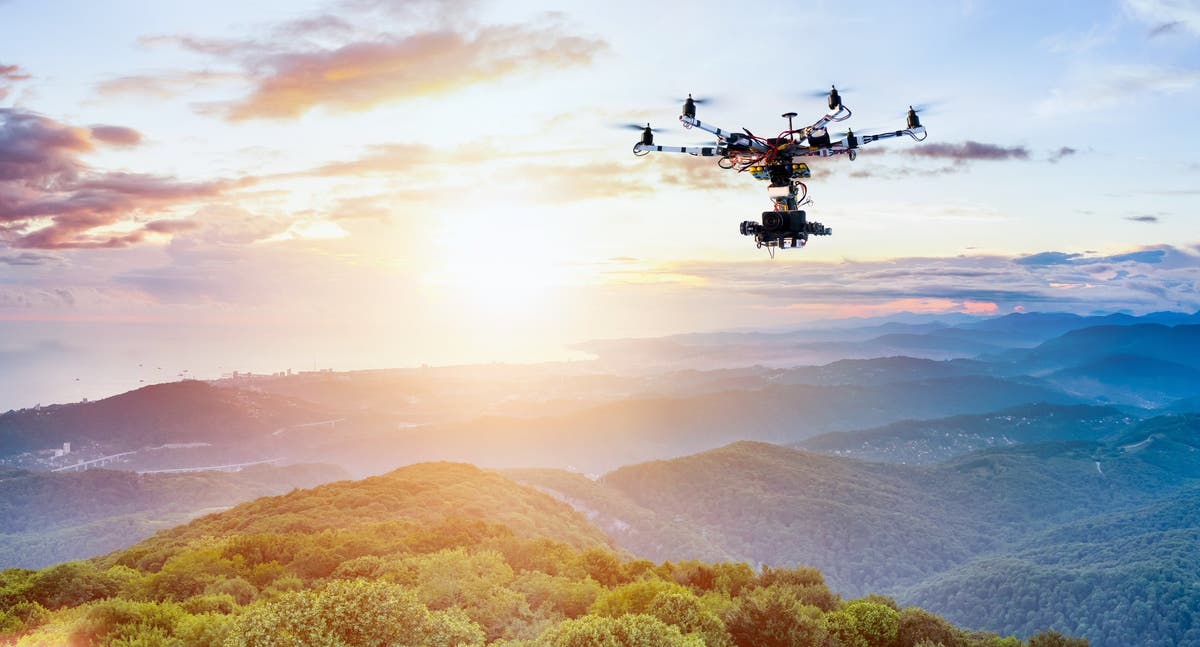Best Telescopes for Beginners: Which One Should You Choose?
If you're an aspiring astrophotographer or just someone who wants to enjoy the beauty of the night sky, understanding the best telescopes for beginners can significantly elevate your experience. Within this guide, we will explore the intricacies of telescope selection, focusing on what suits beginners while touching on aspects that will also engage professional photographers.
As a professional photographer, you may think that the same principles applied to your craft do not translate to astronomy; however, the two fields share foundational elements. Whether you are capturing the celestial wonders through a lens or shooting on the ground, the focus, light, and clarity remain paramount.
Understanding Telescope Types
Before you plunge into the world of telescopes, it's essential to understand the different types available:
- Refractor Telescopes: Use lenses to gather light and are famous for their simplicity and ease of use.
- Reflector Telescopes: Utilize mirrors and are often favored for their ability to gather more light at a lower cost.
- Compound Telescopes: Blend both lenses and mirrors, offering versatility.
Key Features to Consider When Selecting a Telescope
When searching for the best telescopes for beginners, consider the following factors:
- Aperture Size: This refers to the diameter of the main optical component. A larger aperture allows for a clearer image.
- Mounting Type: The stability of your telescope when tracking celestial objects is crucial. Common types include equatorial and altitude-azimuth mounts.
- Portability: If you plan to travel for night photography sessions, ensure that your chosen telescope is easy to transport.
Recommended Telescopes for Beginners
Here's a curated list of some outstanding telescopes that are perfect for beginners, bringing in quality and usability:
- Celestron Astromaster 70AZ Telescope: Known for its lightweight and sturdy design, it provides excellent images of celestial objects.
- Orion SkyQuest XT6 Classic Dobsonian Telescope: This model offers a great balance between price and performance, making it popular among new astrophotographers.
- Meade Instruments Infinity 102mm Refractor Telescope: A versatile option ideal for both visual observation and basic astrophotography.
Keep in mind that you can check the specifications of these telescopes on their respective websites or tech reviews to ensure they fit your needs accurately.
Photography and Astrophotography
Now that you have a foundational understanding of telescopes, lets delve into how they relate to photography. If you are someone who thrives behind the camera, consider integrating your skills into astrophotography.
Astrophotography involves capturing celestial events and objects using a camera attached to a telescope. Here, familiar photography concepts such as exposure, framing, and lighting will come into play. To enhance your astrophotography skills, refer to our article on what to look for in gear.
Essential Accessories for Beginners
Pairing your telescope with the right accessories can offer a superior experience. Some essential additions include:
- Barlow Lens: This tool increases magnification, allowing for finer details of celestial bodies.
- Red LED Light: Perfect for preserving your night vision while observing.
- Telescope Case: Protection is essential for your gear, particularly during transport.
Learning Resources and Communities
As a beginner, engaging with communities and utilizing learning resources can be very beneficial. Some useful online platforms include:
- Drone Law Guidelines
- Telescope Types
- Photography Forums and Local Astro Clubs: They are a great way to connect with enthusiasts and get practical advice.
Frequently Asked Questions
What is the best telescope for a beginner?
Generally, the Celestron Astromaster 70AZ is considered a great starting point due to its user-friendly setup.
Can I use a DSLR camera with a telescope?
Yes, many telescopes can accommodate DSLR cameras for astrophotography.
Is astrophotography difficult for beginners?
It can be challenging as it requires understanding camera settings and the night sky, but with practice, anyone can master it.

Conclusion
Embarking on a journey into the night sky can be incredibly rewarding, especially for photographers wanting to expand their horizons into astrophotography. With the right knowledge about the best telescopes for beginners, you can open a door to a world of stunning celestial phenomena.
By understanding the types of telescopes, essential gear, and resources available, you position yourself for success in this fascinating field. Get ready to capture images of planets, stars, and deep-sky objects like never before!

